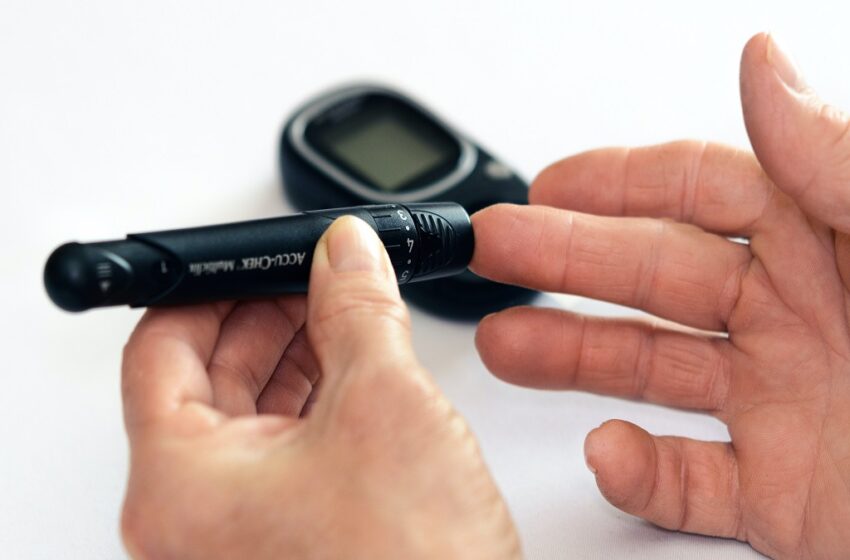
All You Need to Know About Diabetes
Have you ever wondered just what diabetes really does to you? It’s a serious medical condition that happens when your blood glucose becomes too high. Glucose is a sugar you will get from anything that contains sugar or starch, which includes almost everything we eat. Diabetes can lead to strokes, heart attacks, kidney disease, loss of toes, feet, or legs, blindness, and other serious health problems. If you have diabetes, you need to learn how to manage your condition and prevent problems.
Common Signs and Symptoms of Diabetes
-Extreme thirst
-Urinating more than usual
-Blurry vision
-Wounds or blisters that don’t heal well
-Tingling or numbness in your hands and/or feet
-Feeling very tired
-Dry, itchy skin
-Unexplained weight loss
-Losing weight without trying
-Red, swollen, tender gums
-Frequent infections
What Causes Diabetes?
-Body doesn’t make enough insulin
-Body is unable to use insulin properly
– Both of the above
Insulin is a hormone that helps your body use the sugars that are in the foods you eat. Glucose gives you energy, and insulin carries glucose to your cells. If a person doesn’t make or use insulin well, glucose then builds up in the blood. This causes the body’s cells to be starved of energy, despite high blood glucose levels.
Types of Diabetes
-Type 1 diabetes: Mostly occurs in childhood, though not always.
-Type 2 diabetes: Mostly occurs in adults. It’s caused by being overweight or not being physically active.
-Gestational diabetes: This occurs during pregnancy.
Other Health Problems
Diabetes is a lifelong condition. Over time, diabetes can cause serious problems including:
-Heart disease
-Stroke
-Damage to the blood vessels in your kidneys, eyes, and nerves
-Damage to the arteries of the legs
-Loss of a limb
-Ulcers on the feet or legs that don’t heal properly
-Gum disease
Am I at risk?
Here are some factors that can make you more likely to develop type 2 diabetes.
For example:
-Being overweight/obese
-Having high blood pressure
-Eating an unhealthy diet (high in fat, calories, cholesterol, and processed food)
-Not exercising regularly
-Being older than 45
-Having a parent, sister, or brother who has diabetes
-Being diagnosed with gestational diabetes
-Giving birth to a child that weighed more than 9 pounds
-Having polycystic ovarian syndrome (PCOS)



